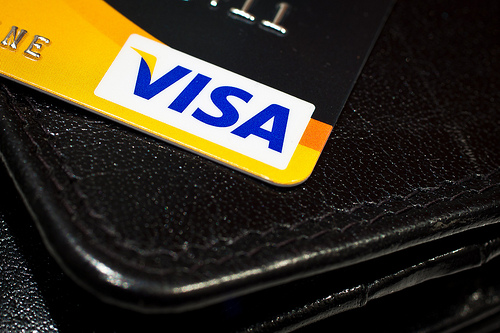EU sends antitrust complaint to unnamed smart card chip 'cartel'

The European Commission has sent a list of formal antitrust objections to "a number of suppliers of smart card chips," claiming that they have acted in price-fixing in the region.

At this time, the EU has offered little in terms of detail. However, such cartel activity is rare and has previously shown to amass fines into the billions of euros across multiple antitrust law infringers.
The Commission said a "cartel" is defined as a group of similar, independent companies that join together to fix prices, to limit production or to share markets or customers between them.
If companies are found to have broken European antitrust laws, they could be fined up to 10 percent of their global turnover for infringing years.
The statement of antitrust objections is the EU's way of asking companies to come clean and settle. The EU notes that the "sending of a statement of objections does not prejudge the outcome of the investigation."
While the Commission initially looked at the possibility of a pre-investigation settlement, talks with those companies discontinued "due to lack of progress," meaning a formal set of charges can now be drummed up.
EU Competition Commissioner Joaquin Almunia said in prepared remarks:
It is not because settlement talks fail that companies get off the hook. The essence of settlement is to benefit from a quicker, more efficient procedure, and to reach a common understanding on the existence and characteristics of a cartel. If that is not possible, the Commission will not hesitate to revert to the normal procedure and to pursue the suspected infringement.
Following a fine of up to 10 percent, companies can also be forced to change the way they do business in the 27-member state bloc.
Fines as high as 2 or 3 percent of a company's global annual revenue at their maximum are more common, particularly for companies that breach those antitrust commitments.